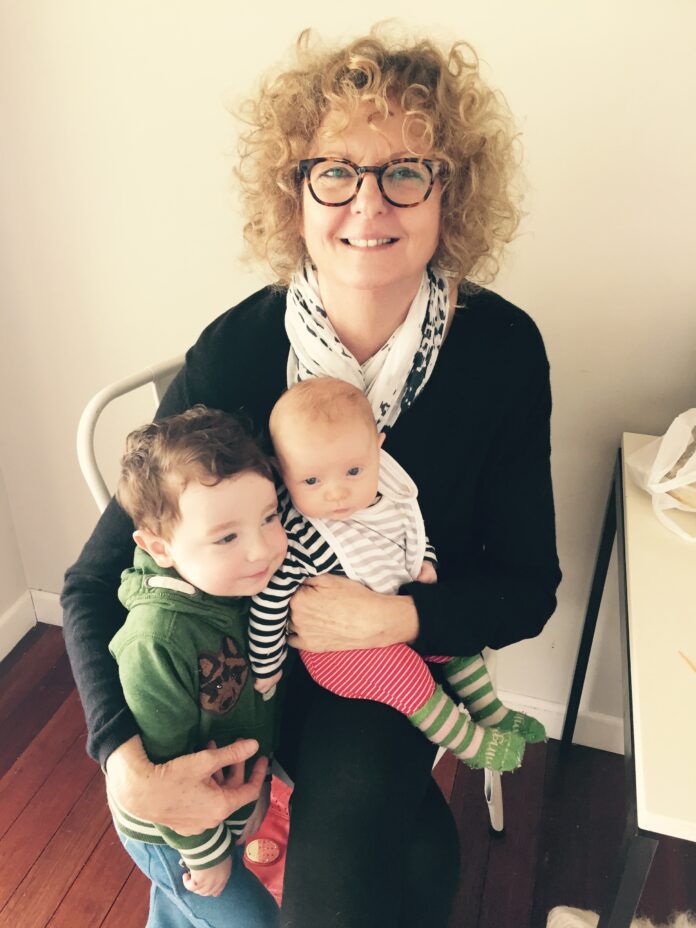How many people do you know who have placed as much effort and energy into their future happiness as they did into building their superannuation plan?
Baby Bombers were sold the idea that if they amassed a certain amount of money, and achieved their goals, this would make them happy. Most of us have figured out that this isn’t the case. We know that money doesn’t buy happiness.
2 in 3 Australians have experienced the pain of divorce, some more than once. Some people over-achieve in several areas of their lives but have felt frustrated about how to find love and happiness; a successful retired head- of-department of a high school was completely at a loss about how to sustain a healthy relationship with her partner.
There is a yearning in each of us for connection with that one exceptional person but life is challenging. We are expected to contribute, be perfect mothers and fathers, engaged grand-parents, available friends, and tender lovers. Calmly juggling everything, balancing our lives, whilst dealing with the annoying changes in our aging bodies.
Even with these challenges, we are connected more now than ever through social media and our communities. But when it comes to love we struggle to find it, express it, keep it, or untangle from it.
Human beings are optimistic, pessimistic, funny, troubled, enthusiastic, unsure, hilarious, kind, angry, disappointed, confident, shy, happy, sad, and joyous. But most of all curious — about our lives, about possibilities and choices for the future. Love offers choices for love, discovery, and change for those who are ready. But happiness, like anything, has to be invested in to build and sustain it.
Many people are afraid to open their hearts to trust another person, just in case they are misunderstood or hurt. They are afraid that the stakes are too high, and there’s always the risk that if they love someone, they will be rejected. Opening your heart to love another person takes courage. There is always the risk that love won’t work out and you will be hurt.
When difficult times arise, it’s easy to divert to blaming yourself, rather than thinking constructively about what part you have played in your love life. Be truthful but don’t over-state your part. Diving into blame, shame, or guilt will not solve anything and will take away from your self-esteem.
If you blame your partner for all of the problems in the relationship, you will lose any chance of you both talking through the issue. The truth is that one person alone is never responsible for a problem between two people. Problems arise with each person playing some part in creating it.
Recognise that you have added something to whatever difficulties you are having. Accept that you can talk with your partner about these issues as a step along the path of growing together.
Most people want happy lives. They want to be happy in their relationships, their work, their friendships, and the way they learn.
Think carefully about what you would like to achieve in your life — what do you think would help you to be happy? Think across every part of your life.
A retirement plan for happiness could start with these simple steps:
- Walk, or exercise.
- Write a journal daily or begin a memoir.
- Take time for yourself every day, even if it’s just 15 minutes.
- Do something out of the ordinary for someone you love, remind them of their strengths, or do something kind for them.
- Do something creative for yourself — paint, dance, draw, sing or write.
Making goals for these things will help you to enjoy a balanced, happy life. You can choose to look for happiness even when things are difficult.
100 Keys to Love is Vicki Bennett’s 32nd book. It is about love and self-discovery. Each chapter is part of a knowledge map, giving direction and guidance to assist the reader in their journey of love.




























